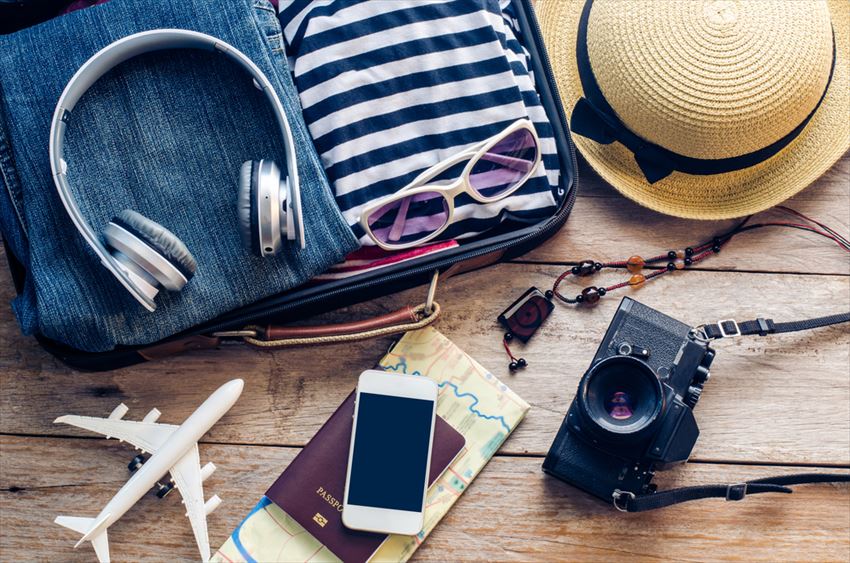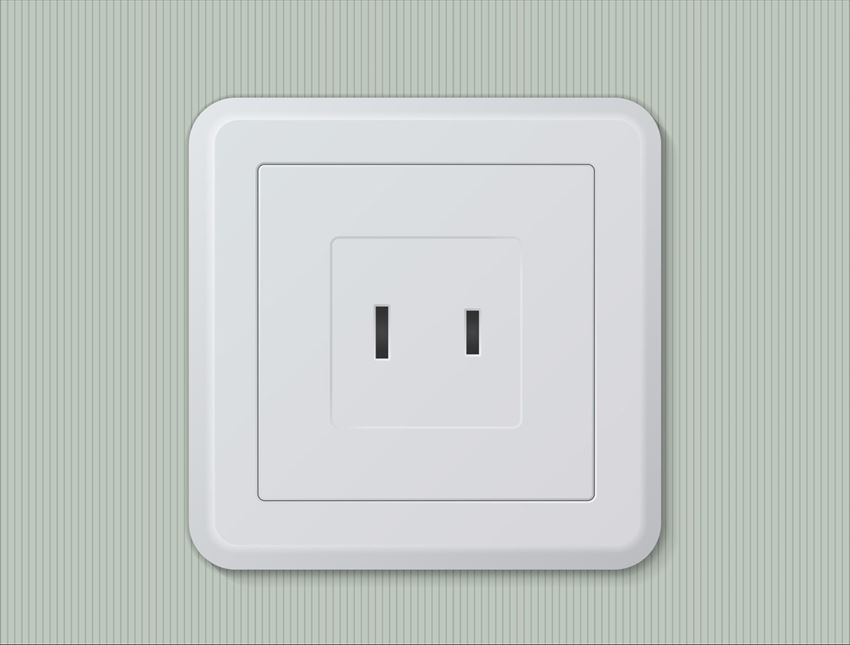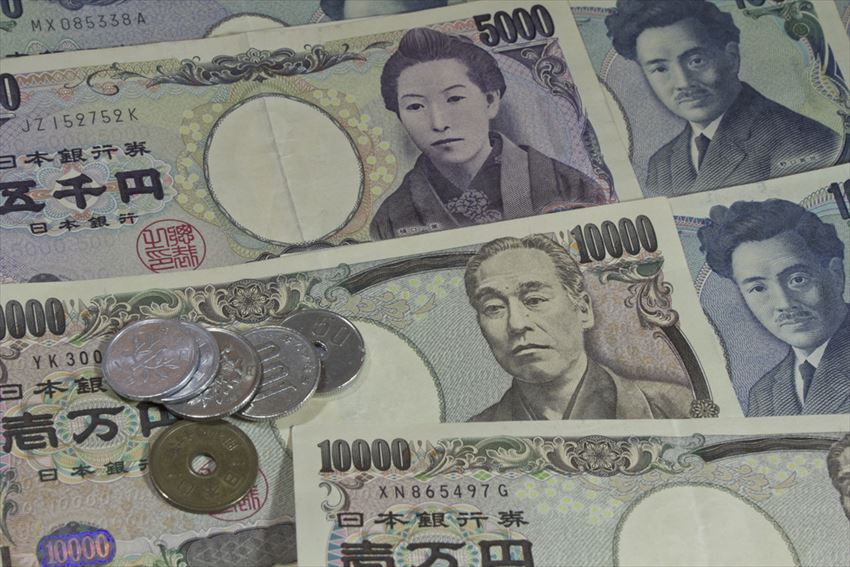
So you’ve finally saved up the money and mustered up the courage to take a trip to Japan. Great!
Now comes the difficult part: packing. Of course, you’re bringing your clothing, perhaps a travel guide, a list of emergency contact numbers, and so on. While you’re putting together all your essential items, take a moment to consider the following things which you may not have thought to bring.
Japan Rail Pass
The Japan Rail Pass is an unlimited pass usable on all JR trains (including some types of Shinkansen), JR city buses (not inter-city), the monorail between Tokyo and Haneda Airport, and the JR Ferry to Miyajima Island. It’s possible to order it online or through a designated agency or airline before leaving for Japan. One important piece of information is that the pass, once activated, must be used within a certain period of time.
After ordering your pass, you’ll receive a confirmation of your order which must be taken to a Japan Rail Pass exchange office once you enter Japan. These offices are located at any major JR station.
While purchasing a JR pass is optional, it is a great option for a traveler planning on visiting many locations within a short period of time.
Power Outlet Adaptor
The electrical sockets in Japan may not look like the ones in your country, in which case it would be good to bring an adaptor. The sockets in Japan are two flat plugs of equal sizes, like in the image below.

The voltage and frequency of the electrical power may also be different than what you are used to. For example, in Japan the electricity is 100 Volts. This is different from the 220 Volts commonly found in Malaysia, Indonesia, or Thailand, or the 110 Volts in Taiwan.
The frequency of the electrical current varies depending on where in Japan you are. It is 50 Hertz in Eastern Japan, such as in Tokyo, and 60 Hertz in Western Japan, such as in Kyushu.
Survival Japanese Phrasebook
While most younger people in major cities have a decent understanding of English, you can’t expect to rely on it everywhere, especially once you travel to more rural areas.
Besides that, it’s always recommended to learn a few phrases in the local language, such as “Hello,” “Please,” and “Thank you,” before visiting any country. In doing so, you’ll show your interest in the country and get smiles from those who appreciate your effort.
Plus, it can never hurt to know how to say “Sumimasen, toire wa doko desuka.” (“Excuse me, where is the toilet?”)
Cash
Of course you knew you had to bring money, but did you know that many places in Japan still don’t accept credit cards? Especially in some family-owned restaurants or in small amounts, it may not be possible to pay for something by credit card.

It is also worth checking whether your bank card will work at Japanese ATM’s. For the most part, the ATM machines in convenience stores such as 7-11 accept all the major bank networks.
Medication
Even if you don’t normally take any medicine, the emergency bottle of ibuprofen or anti-diarrhea pills can come in handy while traveling. While painkillers and other medicines are available at drugstores all over Japan, they may be different than the types of medicine at home. Checking the ingredients list in Japanese can also be quite tricky!
Japan-Compatible Phone
Cellular networks in Japan operate differently than in most countries. Therefore, it is important to check if your particular phone is compatible, especially if you plan on using your phone to stay in contact with fellow travelers or to call ahead to confirm reservations.

Networks in Japan utilize CDMA for voice calls. This is the same system that is used in the USA, Canada, and Indonesia, for example. Data is on the LTE network. Because using voice or data abroad can be expensive, it is worth checking to see whether your phone can use a Japanese SIM card. Generally, if your phone is capable of operating on Japan’s networks, then it should be able to use a Japanese SIM card.
Alternatively, there are various companies which rent phones for use on a daily or monthly basis. The fees per day vary, but you’re guaranteed a working phone for the duration of your trip.
It’s possible to enjoy your trip without these items. But it’s much better to have them with you before you begin traveling rather than to spend time searching for them after you land.
Safe travels!
Comments